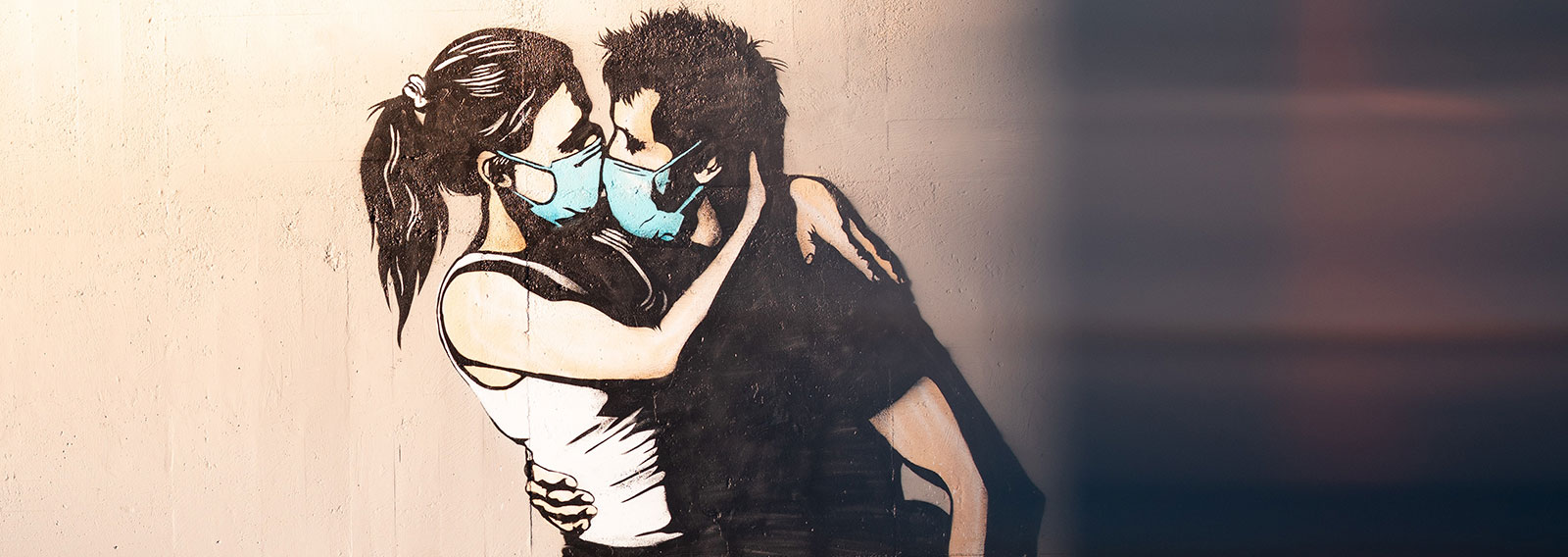G.K. Chesterton, one of the most prolific and well-loved English writers of the twentieth century, once described the politician as the pestilence of our day.
During a 1921 interview with the Cleveland Press, Chesterton said: “The men whom the people ought to choose to represent them are too busy to take the jobs. But the politician is waiting for it. He’s the pestilence of modern times.”
According to Chesterton, what we should try to do is make politics as local as possible. “Keep the politician near enough to kick them,” he said. There is just not enough accountability for the decisions they make which negatively impact the lives of the people. And the more power they have, the more devastation they can leave in their wake.
Not much has changed in a hundred years. While we might, with Chesterton, describe the modern politician as a pestilence, it’s also worth noting that most politicians these days are also, what’s commonly called, “beta males.” Of course, there are exceptions, but it’s the overtly masculine figures that seem to be the oddity. And as such, many politicians have never experienced real power or influence over others. In fact, most have spent much of their adult lives answering to the dictates of other men to climb the political ladder.
The “pandemic” has provided many of them the opportunity to feel like the alpha in the room. Like the kid that owns the ball, they get to set the rules for the game, determine who can participate, and decide what constitutes a penalty.
Their newfound powers give them a rush they’ve never known. This can be dangerously addictive. So naturally, the “power-drunk” politician is forever reluctant to give back any control they’ve seized from the people.
To justify this, they need an ongoing pretext to convince the people that the greatest threat to the public is their own freedom. They would have you believe that you are too irresponsible to have those freedoms that better generations fought for.
They need the people to believe that the only solution to the current “crisis,” whatever it may be, is wearing the shackles of the state. But this cannot be accomplished without a relentless propaganda campaign, designed to instil enough fear that people start begging for the safety of slavery while rejecting the risks of freedom.
What we ought to reject, however, is the politician who tells us our freedom from government dictates pose a threat to ourselves and to others. We ought to be cautious of any politician that tries to convince the people to out-source personal responsibility to the government in exchange for a false sense of security.
Unfortunately, we too often enable these politicians by holding them responsible for our own personal failings, or the failings of our upbringing, or family situation. There is a common sentiment that says, if the world has dealt you a bad hand, it’s the government’s responsibility to deal you a new one, and it better be good. And our control-craving, vote-seeking politicians are more than happy to comply, all at the expense of the taxpayer, of course.
This combination, of power-drunk politicians and a naïve and needy public, will, without question, spell disaster for any free nation. As it was once said, “Liberty, once lost, is lost forever.” We’re at that fork in the road today.
If they could track you, trace you, dictate who you could and could not see, determine what you ought to wear, decide to what places you can and cannot travel, choose what you may and may not purchase, and mandate medical therapies to no apparent end, then they could do all those things again. And they can do this whenever they want and to whomever they want, provided we’re all fearful enough to mask on, check-in, sit down, arm out, and shut up.
Sure, we can wait for our politicians to come down from their power trip, but how long will that take, if it ever happens at all? George Orwell once said, “We know that no one ever seizes power with the intention of relinquishing it.” It may indeed prove true, if we take that approach, that we’re “all in this forever.”
What we ought to remind our politicians, particularly when we’re voting, is that in any crisis, the question is not whether we ought to preserve either freedom or safety, but how do we provide safety while protecting freedom?
After all, any politician can reduce almost any risk by limiting movement. It’s neither a brave nor novel approach. Do you want to reduce car accidents? Limit the time people spend on the roads. Do you want to reduce alcoholic related illnesses? Prohibit the sale of beer. Do you want to reduce the transmission of STI’s? Regulate who individuals can and cannot meet up with. In effect, reduce public freedom to that of a child under parental care.
The solution is simple: Don’t buy the narrative. You may fear a virus, particularly if you’re in that vulnerable category. You should be free to take any personal precautions you wish. But don’t buy the idea that somehow freedom is the antithesis of safety.
Don’t buy the idea that freedom is synonymous with infection. Don’t buy the idea that giving politicians more power somehow makes us less susceptible to the virus. And don’t buy the idea that we are too irresponsible to be free from government control over our lives.
Because, otherwise, we’ll all learn too late that as long as we’re on this course, our freedoms are never more than one public health crisis away from extinction.





















